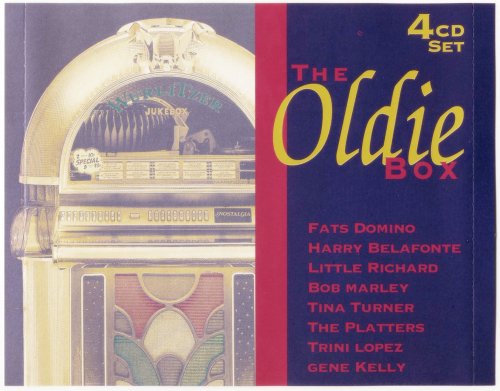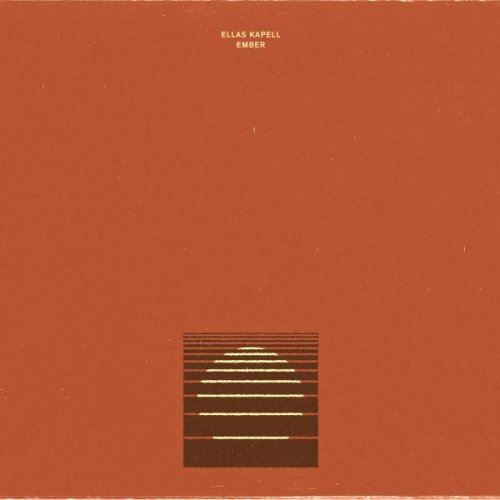L'Arpeggiata, Christina Pluhar - Monteverdi: Teatro d'Amore (2009)
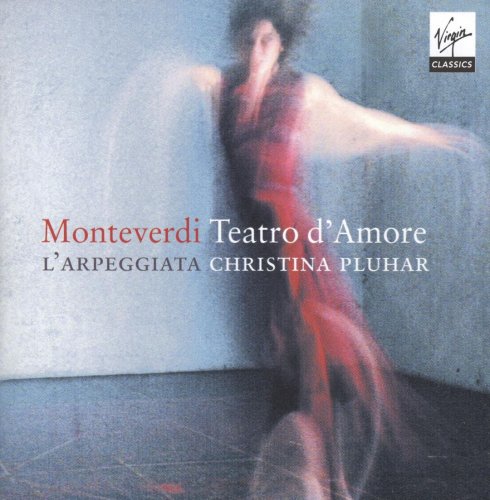
Artist: L'Arpeggiata, Christina Pluhar
Title: Monteverdi: Teatro d'Amore
Year Of Release: 2009
Label: Virgin Classics
Genre: Classical, Vocal
Quality: FLAC (image+.cue,log,scans)
Total Time: 59:51
Total Size: 519 Mb
WebSite: Album Preview
Tracklist: Title: Monteverdi: Teatro d'Amore
Year Of Release: 2009
Label: Virgin Classics
Genre: Classical, Vocal
Quality: FLAC (image+.cue,log,scans)
Total Time: 59:51
Total Size: 519 Mb
WebSite: Album Preview
1. Toccata
2. Ohime Ch'Io Cado
3. Pur Ti Miro
4. Damigella Tutta Bella
5. Lamento Della Ninfa : Amor
6. Si Dolce E 'L Tormento
7. Sinfonie & Moresca
8. Interrotte Speranze
9. Chiome D'Oro
10. Oblivion Soave
11. Hor Che 'L Ciel E La Terra
12. Tempro La Cetra
13. Ballo
14. Con Che Soavita
15. Vago Augelletto
16. Zefiro Torna
Performers:
Nuria Rial (soprano)
Philippe Jaroussky (countertenor)
Cyril Auvity & Jan Van Elsacker (tenors)
João Fernandes (bass)
Madrigalisti:
Michaela Reiner, Lauren Armishaw & Zsuzsanna Toth (sopranos)
Nicholas Achten (baritone)
A warning to purists: there's little in the packaging of this CD to indicate the interpretive freedom with which the ensemble, l'Arpeggiata led by Christina Pluhar, treats some of the Monteverdi love songs and madrigals on the album. There's a hint in the opening track, the Toccata from Orfeo, in its wonderfully reckless abandon and prominent use of percussion. In Ohimè ch'io cado, the solo madrigal that follows it, the continuo part is transmogrified into a walking bass, the rhythm is swung, blue notes abound, and the Baroque trumpet launches into frankly jazzy riffs between verses. We're clearly no longer in the land of scrupulously authentic period performance practice. It's followed by a traditional, but lusciously sensual performance of "Pur ti miro," from L'incoronazione di Poppea, its accompaniment as direct and heartfelt as that of an Appalachian folk song, sung with a smoldering – no, scorching – erotic charge, by soprano Núria Rial and counter tenor Philippe Jaroussky. So, the listener is kept off guard from track to track about what the style of each selection will be. What all the performances have in common, though, is an acute attention to the emotions driving each piece, and to giving those emotions authentic and eloquent expression. Other highlights include especially spirited performances of Lamento della Ninfa, Sì dolce è 'l tormento, and Zefiro torna (in the sly setting from the 1632 Scherzi musicali). Pluhar's varied, inspired realizations of the scores, and the sensitive and lively contributions of the singers (Rial, Jaroussky, along with tenors Cyril Auvity and Jan van Elsacker and bass João Fernandes), and the instrumentalists of l'Arpeggiata, make these performances shimmer with vibrant energy. The sound of the live performance is clean, clear, and present, and the pleasure of the singers and players is practically palpable. Highly recommended.
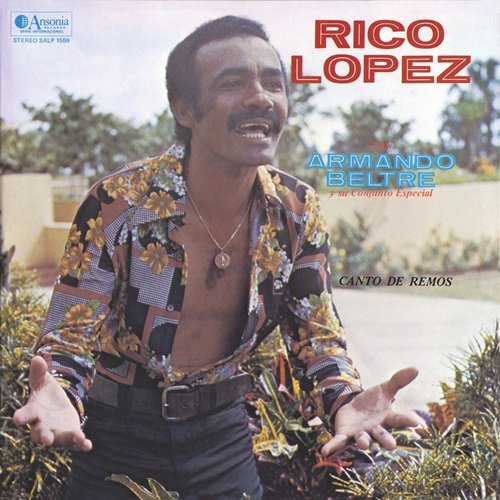
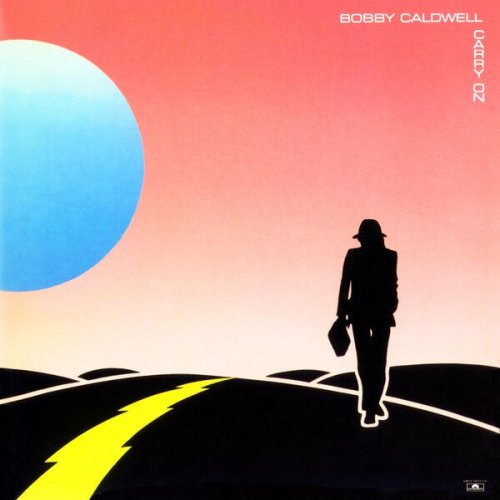
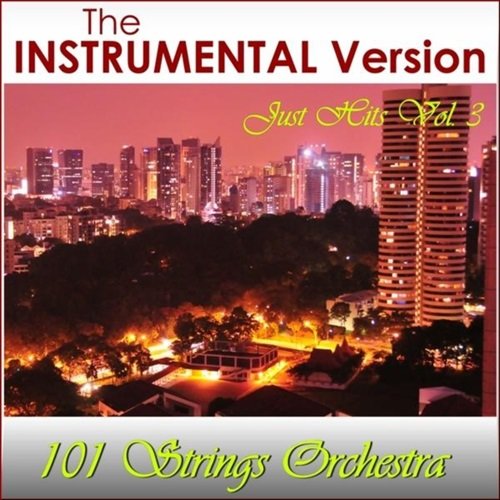
![Whatever Happens Don't Be Yourself! - Tales of No Consequence (2026) [Hi-Res] Whatever Happens Don't Be Yourself! - Tales of No Consequence (2026) [Hi-Res]](https://img.israbox.com/img/2026-02/27/6usdiy5oinb96d1lfeldes4eg.jpg)
